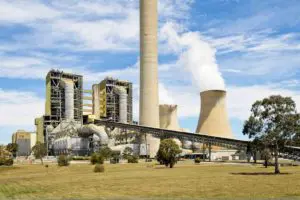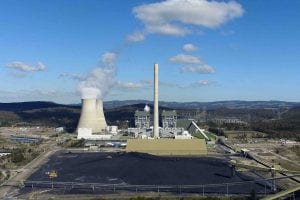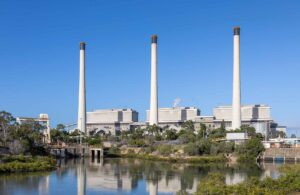The world’s largest fossil fuel producers are effectively betting against global climate change efforts, with a new report from the Carbon Tracker Initiative finding oil and gas producers are continuing to ramp up investment in new projects, raising significant risks of stranded assets.
In its fifth annual assessment of the risks posed to oil and gas producers, the Carbon Tracker Initiative said that fossil fuel companies were investing in their own expansion – on track to spend $1 trillion on new projects – in defiance of global climate change efforts.
“Oil and gas companies are betting against the success of global efforts to tackle climate change. If they continue with business-as-usual investment they risk wasting more than a trillion dollars on projects which will not be competitive in a low-carbon world,” report co-author Mike Coffin said.
“If the world is to avert climate catastrophe, demand for fossil fuels must fall sharply. Companies and investors must prepare for a world of lower long-term fossil fuel prices and a smaller oil and gas industry, and recognise now the risk of stranded assets that this creates.”
The new ‘Adapt to Survive’ report cites the recent assessment of zero emissions targets published by the International Energy Agency, which found that the development of new oil, gas and coal projects had to virtually cease if the world stood any chance of reaching zero net emissions by 2050.
Carbon Tracker estimates that the IEA’s trajectory would see major global fossil fuel producers facing cuts to their current production levels by 50 per cent or more by the 2030s, but many companies were instead looking to expand their operations and pour further investments into new projects.
Major Australian companies facing major cuts to production, should the world successfully meet Paris Agreement targets to limit global warming to just 1.5 degrees include oil and gas producers Woodside, Santos, Oil Search, as well as companies with a significant Australian presence, including Chevron, Inpex, Shell and Conoco Philips.
Such conclusions raise significant risks of fossil fuel projects becoming stranded and billions of dollars worth of investment being lost.
Report co-author Axel Dalman said that investors had an obligation to understand the risks posed by fossil fuel investments and their incompatibility with global efforts to limit global warming to safe levels.
“Investors have a crucial role to play in driving the changes to the oil and gas industry’s behaviour necessary to reduce their exposure to transition risks,” Dalman said.
“If they want to align with a 1.5°C climate target, it’s crucial that they only hold companies with robust plans to reduce production of oil and gas and approve no new projects. Investors seeking to align with other temperature outcomes must ensure that companies demonstrate how any projects they approve are compatible with a low-demand world, not just short-term prices.”
The report identified five major projects that were approved in 2020 that Carbon Tracker says are not compatible under any scenario that would see global warming limited to just 1.5 degrees – including the $3.9 billion Sangomar oil field in Senegal being developed by Woodside Petroleum.
Woodside is currently working towards the approval of its Pluto Train 2 project – a massive LNG project located off the North West coast of Western Australia that the company is expected to pursue following a proposed $41 billion merger with BHP’s oil and gas business.
Conservation Council of WA, which recently launched legal action against the Pluto Train 2 project, said that the Carbon Tracker report further highlighted the risks fossil fuel companies face due to the prospects of stranded assets.
“There is simply only one direction of travel in the global response to drive down emissions and avert further irreversible changes to our climate”, Conservation Council of WA’s Maggie Wood said
“The Paris Agreement and the IEA’s Net Zero Emissions by 2050 scenario make clear that companies with oil and gas assets need to be taking action now. If they fail to do so, the market will simply move on without them and they will be faced with very many ‘white elephant’ developments scattered across the globe.”
“The environmental arguments against any further investment in oil and gas are so widespread that there can only be one reason that any executive might ignore them – money,” Wood added.






